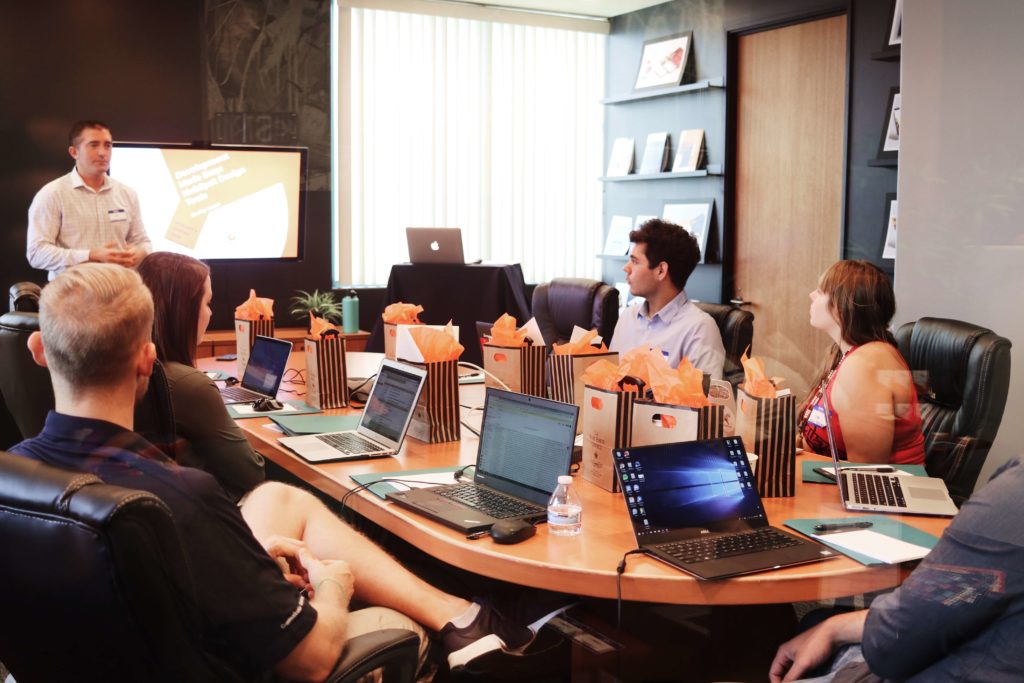This podcast from Shane Parrish talks with Greg Walton from Stanford, specifically looking at the small things that can make a big difference. In an exec coaching session an hour ago I referred to both of the things below, so here they are in case you can use them too.
1. Ask “what is your worst problem”
2. Ask “Why does this happen?” (they often blame themselves or the other person in the interaction)
3. Ask “What else could it be?” until they get to a non-blaming response.
This requires patience, but it’s getting them to solve the problem rather than taking no responsibility for the issue.
Then the second thing is around how we deal with mistakes.
Parents’ attitudes about fixed or growth mindset aren’t passed onto their kids. What is passed on is their parents’ attitudes to mistakes.





